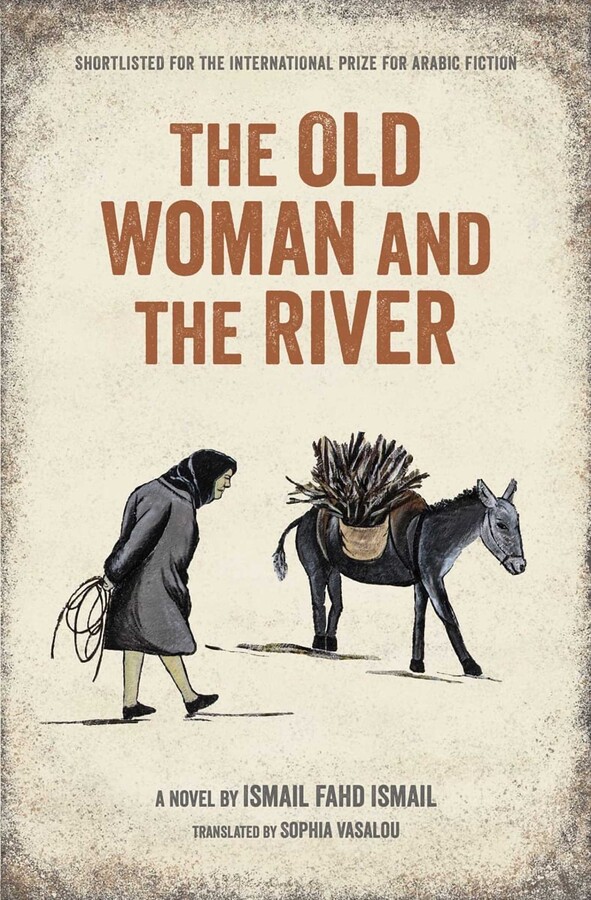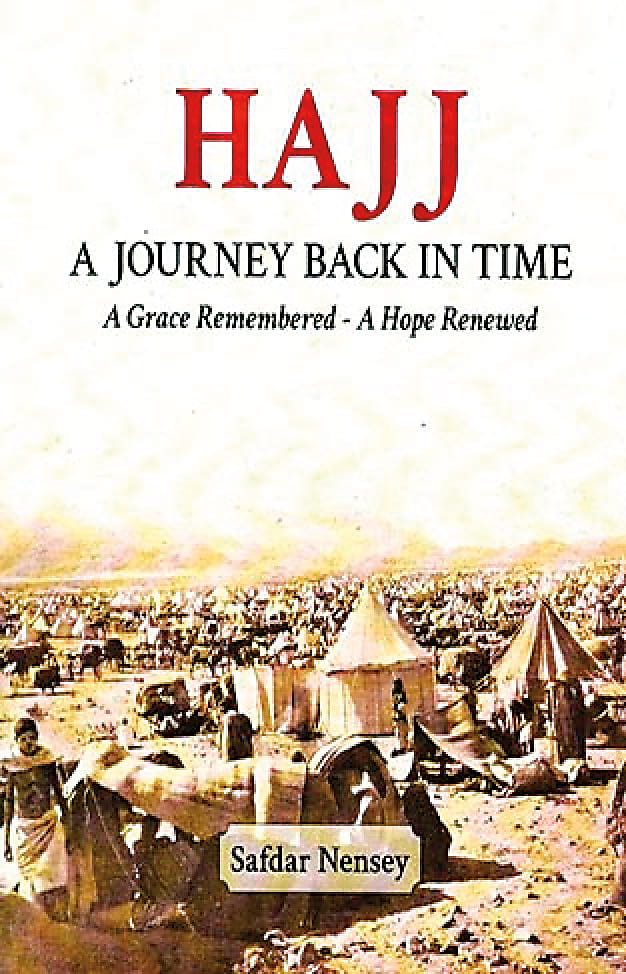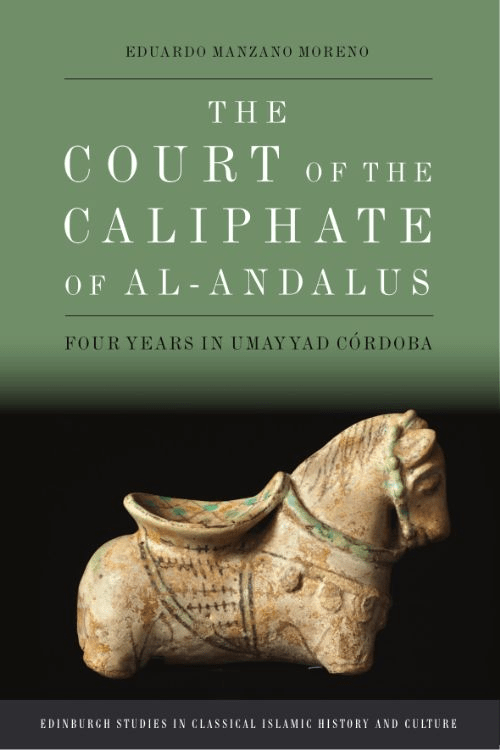
The Old Woman and the River
Mae Ghalwash
Ismail Fahd Ismail. Trans. Sophia Vasalou.
Interlink Books, 2019.
“She knew it was a time of war, but she couldn’t see why they had to destroy everything that blooms by making the rivers run dry.”
—From the Old Woman and the River
This gentle story about the 1980–1988 Iran-Iraq War is based on the author’s investigations into an unexpected patch of greenery amid desolation in postwar southeastern Iraq . The source, he discovered, was an unconventional war hero, Um Qasem, an elderly widow whose relentless nurturing revitalized her war-torn village, Sabaliyat. For real. Taking literary license, Ismail creates a world in tune with the loveable granny determined to preserve life. Her beloved donkey anticipates when she needs a ride or help clearing bomb shells. Homesick soldiers, charmed by her grand appeal, turn a blind eye to her restoration efforts despite evacuation orders. And finally, her late husband’s ghost guides her to unleash the mighty Shatt al-Arab water into Shabaliyat’s parched, smaller rivers and fields, along Iraq’s eastern border. Ironically, this story about war’s absurdity is charming and hopeful, and a refreshing celebration of the largely unrecognized heroes of war, the widows and mothers left to pick up the pieces.
—Mae Ghalwash
You may also be interested in...

Author Safdar Nensey’s Hajj: A Journey Back in Time—Our Book Review
Safdar Nensey invites readers into one of the world's oldest and most sacred annual expeditions: the Muslim pilgrimage to Makkah.
New Perspective Offered in The Court of the Caliphate of al-Andalus — Our Book Review
Author Eduardo Manzano Moreno gives life to a court scribe’s observations of Córdoba to offer a rarely explored view of the era